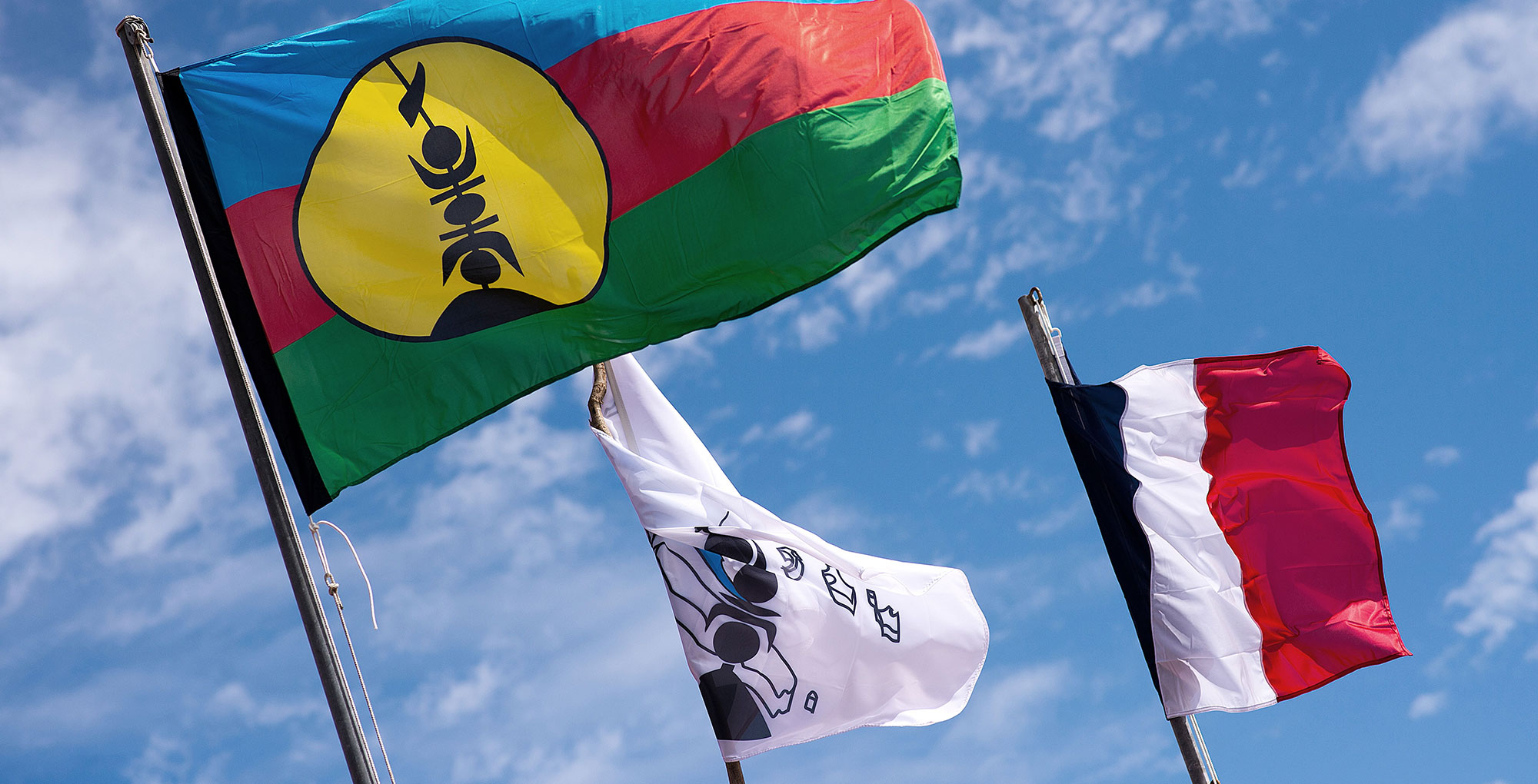On the 4th October, New Caledonians faced the independence referendum in which they had the possibility to decide whether they would still prefer to be a part of France or be able to manage the country on their own.
The results showed that the majority of citizens of this Pacific land hadn’t changed their minds since the last referendum in 2018. Almost 47% of citizens voted for independence, while 53.26% of New Caledonians still prefer to be a part of France.
So why, after so many years, is New Caledonia still under French rule? The first time when Kanaks – the indigenous people of New Caledonia – had the possibility to become independent was in 1958. Voters were asked whether they approved of the adoption of a constitution for the French Fifth Republic. If New Caledonians voted against this, they would become independent as Guiana.
Kanaks espoused France. Many experts claim that is was a result of a poor national identity among these people, who gained their civil laws after the Second World War and before that had lived in an indigenous reserve.
The New Caledonians gained one more chance in 1998 when the Noumea Accord was signed. They became eligible to organise 3 more independence referendums between 2014 and 2022.
New Caledonia was discovered by Europeans relatively late, in the 18th century. The French had an ambitious plan to create a “France of the South” so they decided to send their free settlers and prisoners (at the turn of th1 19th and 20th centuries approximately 20,000 convicted people). Some of them decided to stay and started creating families. They mixed with indigenous people and New Caledonia became a home for the Caldoche people – progenies of Europeans, who were born on New Caledonia.
Later in history, when the scientist discovered a vast nickel deposit, people from neighbouring countries came to New Caledonia for work. They stayed and, today, they are make up more than 20% of the population.
Although currently different political views are spread all over the population, traditionally the ethnic groups are split when it comes to the independence of the country. Kanaks usually opt for independence and Caldoches are more likely to consider staying with France a good choice. Hence, Asian immigrants are thought to be able to change the result of the referendum as they are not a part of either group.
As the situation is constantly changing, more than the ethnic background, what matters is the part of the country in which you live. In New Caledonia, there are three provinces: Loyalty Islands Province, North Province, and South Province. The two first provinces are dominated by supporters of independence, but the third one, where two thirds of the citizens live is dominated by Europeans – proponents of France.
What are the real connections between the sides?
Both New Caledonia and France derive many advantages from the relations between them. New Caledonians are able to vote in European elections and they have a representative in the European Union. Although the country isn’t part of the EU, New Caledonians can call themselves “EU citizens”. The government receives money from the European Development Fund (50 million euros in the last few years) and from France (approximately 1,5 billion euros per year which are around 13% of their GDP).
Even though France is giving its overseas territory a lot of money, they also get some profits. New Caledonia is placed on the Pacific Ocean and along with other overseas territories that France has there, is creating a huge sea space which is a strategic geopolitics point between the USA, China, and Japan. Besides that, as was previously mentioned, New Caledonia has 25% of the world’s nickel deposits and that’s beneficial for France.
Although there are many disputes among New Caledonians, while the number of people who would like their country to become independent increases, they are still a minority of voters. The next independence referendum will take place in 2022 and, until this time, New Caledonia will still be a part of France.
Image Credit: Lowy Institute

